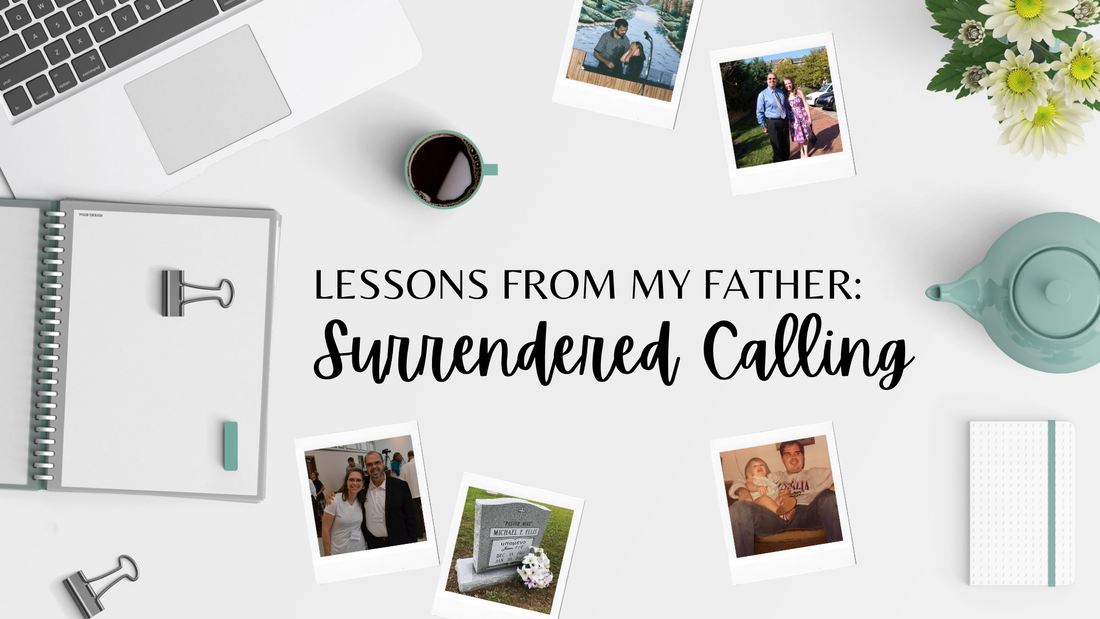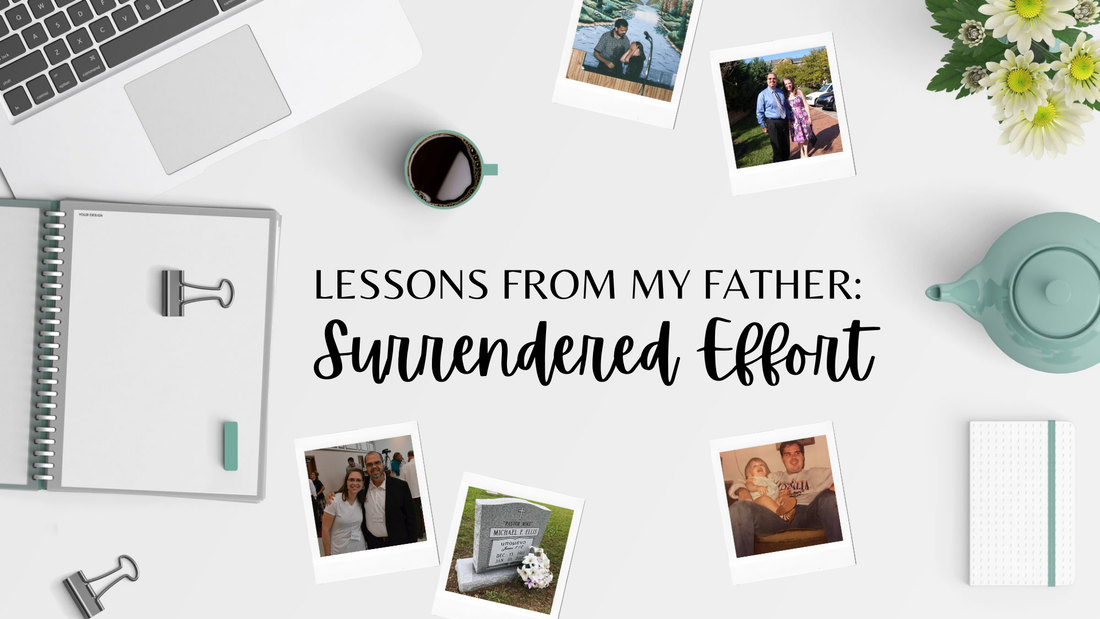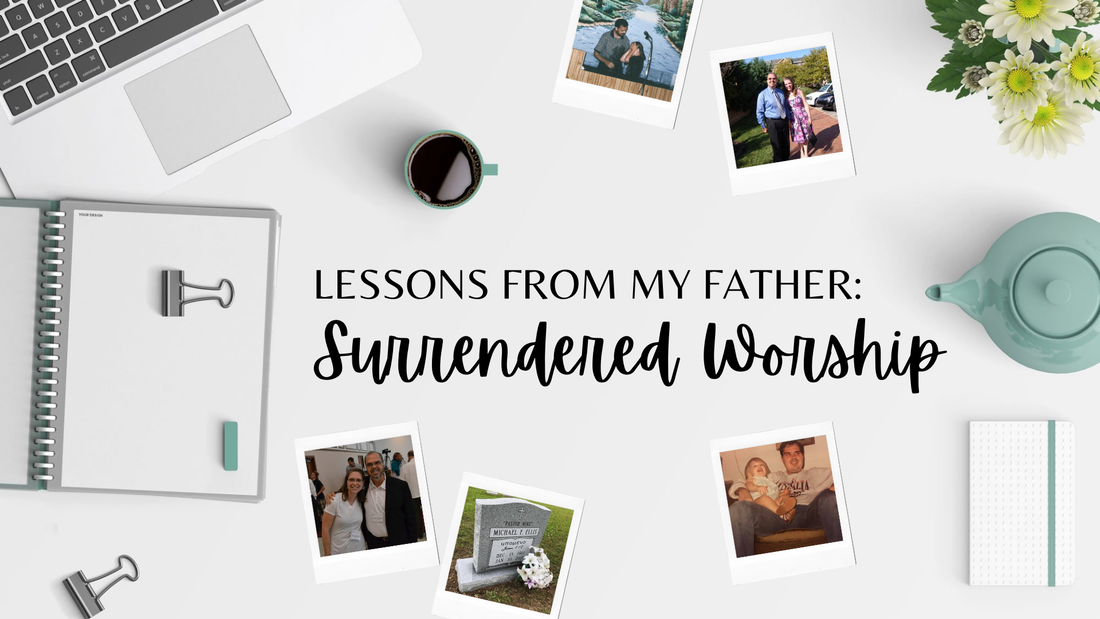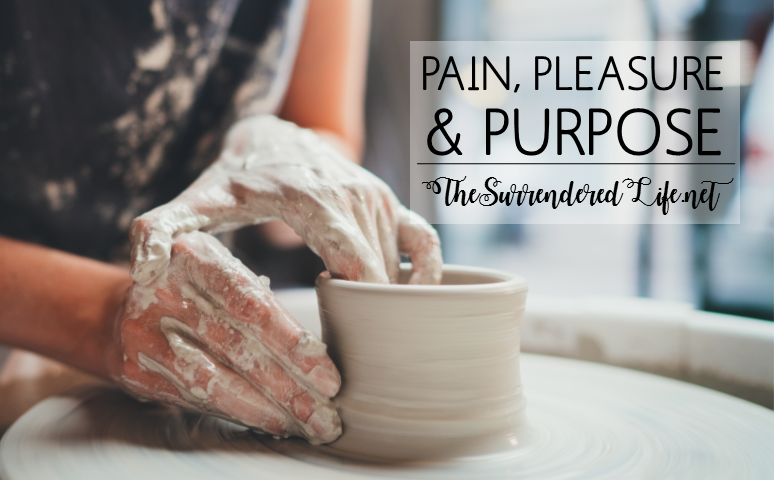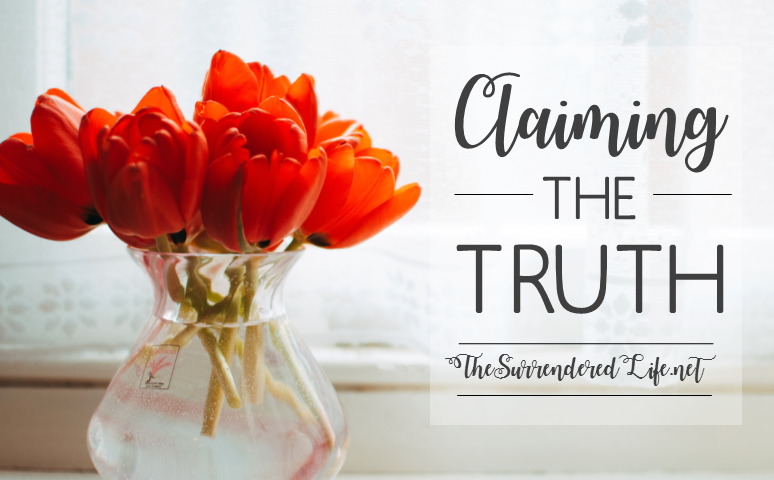|
I’ve always loved my comfort zone. As a baby, I stubbornly clung to my comfort zone and refused to arrive on time. My poor mother had to be induced twice before I entered the world. As a child, I dragged my feet in whatever way I could when it came to something new. Learn to read? Why? I’d rather be read to. Tie my shoes? I’ll just stick with slip-ons. What’s that? You want to go on a roller coaster? #Nope. I could go on, but you get the picture.
One of the best things my parents did for me was push me beyond that comfort zone to try or to learn something new, even if it was uncomfortable. Not everything that I tried became a favorite (I still don’t like roller coasters), but I discovered many things that I actually enjoyed, such as reading. By the time I was a teenager, I always carried a book with me and easily read several each week. I’d like to say that I’ve grown into an adventurous adult who enjoys stepping out of my comfort zone, but I can barely even type that without laughing. Those who know me best know that’s not the case and probably never will be. I’m still prone to anxiety about the unknown, still withdraw from things that are uncomfortable, and many times cherish my comfort zone perhaps a bit too much. Thankfully, my husband and my mom recognize these things about me and still encourage me to take those scary first steps of something new or unknown, picking up where my dad left off and often using his (or my own!) words against me when it comes to change.
1 Comment
Last week I began a series on 5 lessons my father taught me about surrender in honor of his 5th anniversary in Heaven. Click here to go back and read the first post. There’s an old song by Steven Curtis Chapman that has a verse that resonates with me:
I never did like the word mediocre I never wanted it to be said of me, oh, no Just point me to the top and I'd go over, over Looking for the very best that could be Perfectionist. Over-achiever. People pleaser. Yep, that’s me. In my early 20s, God began to show me my tendency to be a perfectionist in my approach to life, revealing that I often associate my worth, growth, and status with Him based on my own ability to achieve certain things. Think “works based salvation.” While I wasn’t raised on “works,” my own personality took over and I quickly began to impose certain things in my life, thinking that if I did those things, and if I did them well, then I’d be accepted and loved. I often felt that everything relied on me and my own ability, whether it was related to work, church, friends, family, and especially in my relationship with God. As a result, when I failed at a task, I’d struggle to get past it, often dwelling on it to a point of self-pity, and stalling out. Even when I thought I did everything “right,” the satisfaction was short lived as my mind would immediately fixate on whatever came next. I constantly told myself I needed to be more and do more. In the moment, I didn’t see what I was doing for what it was, but looking back, I see it more and more clearly. And by the way, I still haven’t gotten this fully fixed in my own life! Unfortunately, it’s still something I struggle with, even ten years later. However, I am now more aware of my temptations and more equipped to overcome them, thanks in large part to my dad. When Life Falls ApartOn Thursday, January 6, 2017, my life began to change in a way I’d never experienced and wouldn’t dare to have imagined. My dad underwent surgery that morning, and before he was out of recovery, he went into cardiac arrest in an event unrelated to the procedure. While he was initially resuscitated, he was put on life-support as the doctors spent 5 days doing everything in their power to keep him alive. However, my dad’s life was not in the doctors’ hands. It was in God’s. And on January 10th, God finally brought my dad home to Heaven. Those that know me know how close I was with my dad. He was not just my father, but my best friend, my boss, and my Pastor. He was the greatest spiritual influence in my life, and so much of who I am today is because of him, especially in regard to my relationship with God and my passion for ministry. The days and months that followed his death were the hardest of my life to this point. I’m thankful for the many family and friends who surrounded my mom and me with support, encouragement, and love during that time, even as they were grieving themselves. I don’t spend much time thinking about that time of my life. It’s still too much to relive, and I don’t want to live in that place. However, there are times when I look back and marvel at how much God brought me through and how much grace I experienced in those days and months. As I realized that it has now been 5 years since all of this took place, I began to reflect. But instead of dwelling on the experience in the hospital, or in the roller-coaster of life that I went through in the months following, I began to think about some of the things my dad taught me over my life, and how those things helped me get through the enormous trial that God had brought me to that year. Surrendered LivingThe name of my website is “The Surrendered Life.” I actually chose this title less than a month before my dad died. I had no idea at the time I picked this theme that I’d have to live it so fiercely and so soon.
So much of what I learned about the importance, the significance, and the realities of surrendered living I learned from my dad – not just in his teachings, but in his living. Today, in honor of his 5th anniversary in Heaven, I want to begin a series where I’ll be sharing 5 areas of surrendered living that I learned from my dad in the 26 years that he poured into my life. Personal rights are a very sensitive topic. If you’re breathing, you know this firsthand. We’re in the midst of a pandemic that has shaken the world and as leaders attempt to regain control, millions cry out in protest due to their rights. I’m not here to say that politicians are right or wrong, or to speculate on their motivations, or to offer my opinions for a resolution Instead, I want to talk about the importance of our reaction to the perceived violation of our rights. The way we respond when we feel our rights are being trampled on reveals whether we are trusting in God or in ourselves. If we’re honest, the moment we feel our rights are violated, all bets are off. When it comes to a relational conflict, we tend to resort to catty remarks, abuse, or even ending relationships. On a larger scale, when rights are violated by the government, we often see rioting and violence. Are these healthy, productive, or godly responses to being oppressed? Absolutely not. But they are also not the problem; they are merely a symptom of the problem. The root of our problem is our sinful pride that causes us to demand our rights – from our co-workers, from our boss, from our friends and family, from society, and even from God. “Oh, but that’s not me.”
“I can’t help the way I am.” “It’s purely chemical.” “It’s the way I was raised.” “It’s my family history.” “It’s not my fault.” We’re often asked the question, “When life hurts, where do you turn?” It’s a good question, and it challenges us to learn to turn to Christ in the hard moments of life. But I want to pose a slightly different question to you today. “When life hurts, who do you blame?”
“Life is pain.” – The Princess Bride
We live in a world of instant gratification. We want what we want and we want it now. But there’s a danger in getting comfortable with (and then beginning to expect) quick fixes. Unfortunately, when things aren’t easy or quick, we can be prone toward anger and we can often be guilty of taking our anger out on those around us. Our discouragement and frustration usually end in giving up (failure to overcome our struggles) and giving in (isolating and indulging ourselves to deal with the failure). Our reaction to hardship in life reveals the biggest idol we all struggle with: a pain- and problem-free life. On the surface, this seems like it shouldn’t be an idol. It seems like a good thing. And we certainly don’t want to have a pain- and problem-FILLED life. So what’s the problem here? The problem is that when we fail to surrender this desire for ease and comfort, we can be guilty of making decisions based on whether we believe it will increase our ease and comfort or not, rather than based on God’s goodness, love, and ability to provide for us regardless of our circumstances. When we have a goal of living a pain- and problem-free life, we begin to do whatever it takes to get it – whatever the cost. When I look back on my life and the moments that I believe shaped me into who I am today, I have to admit that those moments were some of the most painful experiences of my life. And yet, God used those times of suffering to make me into the person I am today. We all have moments in life that define us, and unfortunately, they’re often related to suffering of some kind. As much as we’d like to think that it’s the mountain top experiences that shape us, that’s rarely the case. Rather, God tends to use the valleys of our lives to grow us, to change us, and to make us into the image of Christ, and it’s those very moments that enable us to experience the joy of the mountain top. The valley is dark, scary, and painful. Sometimes the suffering is a direct result of our own sinful choices. Sometimes it’s the result of the sinful choices of others. And sometimes it is simply the result of living in a fallen world. Regardless of the cause, the way we respond to resistance, pain, and difficulty reveals what we truly believe in the deepest part of us. In those moments, we are faced with some of the hardest questions we will ever face: Do I really believe God is good? Do I really believe God loves me? Do I really believe God is in control? Do I really believe God is all I need? MAKING GOD ENOUGHIf you’ve been a Christian for any length of time, you’ve probably heard the saying, “You won’t know God is all you need until God is all you have.”
Unfortunately, it’s a common saying because, for the most part, it’s true. At least, the idea behind it is true. But the phrasing itself lends itself to the idea that you won’t really know if God is enough until you’ve lost everything. And while it’s true that you won’t know it by experience until that point, I’d say that you can know that God is enough before you lose everything. In fact, that’s actually the goal. If we wait until we experience the loss of what we love to discover if God is enough, we will find that God is not enough. Instead, we must learn how to let God satisfy us in the here and now so that when the times of crisis come, we already know that He will be enough and He will carry us through. Otherwise, when we experience the pain and suffering that is inevitable in life, we will instead turn to ourselves or others to make us feel better, following the path of idolatry we talked about last week. The fact of the matter is that what you believe in the light is what will be proven in the dark. If you want God to be enough for you then, you must make Him enough now. We all like to talk about God being all that we need, but the sad reality is that while we are good at talking about God being all we need, many of us are living as though God is not all we need. Yes, God is enough. But if we’re really going to be happy, we also need this relationship. Yes, God is enough. But if we’re really going to be content, we also need to live in this particular neighborhood. Yes, God is enough. But if we’re really going to show kindness to those around us, they need to show us respect back. Yes, God is enough. But when hurt and disappointment enter my life, we really need to be able to distract from it by indulging in junk food, TV, shopping, or maybe even a substance. Yes, God is enough. But. BLIND SPOTSI think one of the biggest blind spots many of us possess in life is idolatry. After all, we don’t often see people worshiping blocks of wood or statues of gold, so we find it easy to brush off idolatry as something from Biblical times that’s not really an issue anymore.
The result? At worst, we can be guilty of dismissing idolatry as a modern-day issue altogether. At best, we may find ourselves resorting to the Sunday-school teaching of associating idols with things such as video games, TV, and money. And while to a certain extent that can be true, the truth is that the most dangerous idols we worship are not physical objects. What do you want your life to look like a year from now? Sometimes when I ask someone what they want in life, they instead tell me what they don’t want. “I don’t want to be depressed.” “I don’t want to be fearful.” “I don’t want to be alone.” “I don’t want to be addicted.” It’s often easier to identify what we don’t want than what we do want. Why is this? THE PROBLEM WITH CHANGE“It would seem that Our Lord finds our desires not too strong, but too weak. We are half-hearted creatures, fooling about with drink and sex and ambition when infinite joy is offered us, like an ignorant child who wants to go on making mud pies in a slum because he cannot imagine what is meant by the offer of a holiday at the sea. We are far too easily pleased.” – CS Lewis What a shocking truth to discover.
How do we end up alone? How do we end up addicted? How do we end up unstable? How do we end up in misery? How do we end up in bondage? Our desires are too weak. We want to be healthy, but aren’t willing to change our diet and exercise. We want a godly marriage, but aren’t willing to put in the effort. We want to be at peace, but aren’t willing to take our thoughts captive. We want to have good relationships, but aren’t willing to invest the time necessary. We want to be respected, but aren’t willing to do the hard things. We want to be free, but aren’t willing to do what it takes to experience freedom.
|
bethany HARRISIn a word: passionate. Archives
January 2022
Categories
All
|

